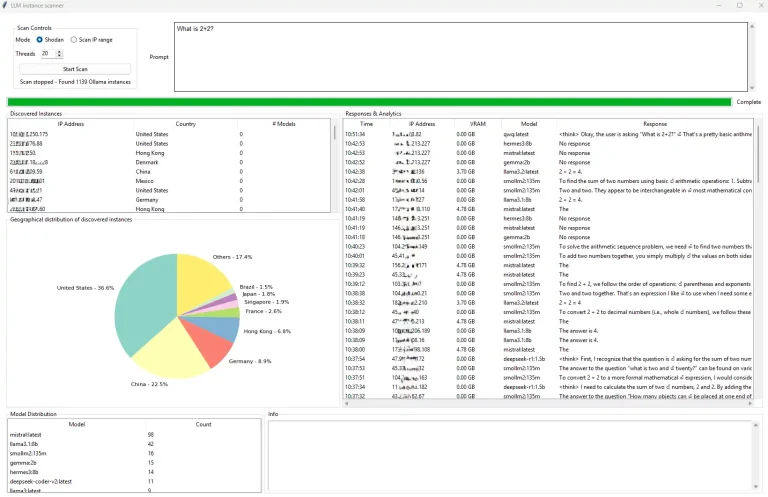
Israel’s military intelligence unit, Unit 8200—specializing in cyber-espionage and electronic surveillance—has been using Microsoft’s cloud servers to store a vast archive of data on residents of Gaza and the West Bank. This trove, leveraged in planning airstrikes and other military operations, includes audio recordings of millions of intercepted phone calls gathered through continuous monitoring of Palestinians. According to a joint investigation by +972 Magazine, Local Call, and The Guardian, this repository is considered among the largest and most comprehensive surveillance datasets in the world targeting a single population.
Based on information from eleven sources within Microsoft and Israeli intelligence, as well as leaked internal documents, in 2021 Unit 8200’s chief, Yossi Sariel, met with Microsoft CEO Satya Nadella at the company’s headquarters in Seattle. The meeting resulted in an agreement to create a dedicated Azure segment capable of processing and storing up to one million intercepted calls per hour. The decision was driven by the fact that the volume of collected intelligence had exceeded the capacity of the military’s own servers. The project was implemented by Microsoft engineers, including former Unit 8200 operatives.
By July 2025, Microsoft’s cloud servers in the Netherlands hosted 11,500 terabytes of Israeli military data—equivalent to roughly 200 million hours of audio. Portions of this information were also stored in Ireland and Israel. While it is impossible to determine precisely how much of it belonged specifically to Unit 8200, internal records confirm that dozens of IDF divisions had access to Microsoft’s cloud services. Prior to the Gaza war, Microsoft leadership regarded its collaboration with Unit 8200 as strategically significant, with the potential to yield hundreds of millions of dollars in revenue.
Sources within Israeli intelligence say that for the past two years, the data stored in Azure has been actively used to select targets for strikes on Gaza, as well as to facilitate arrests and operations in the West Bank. The surveillance reportedly covers nearly the entire population, enabling the identification of compromising information that could be used for coercion, detention, or to justify force. Officers noted that after Azure integration, the database expanded from tens of thousands of “suspects” to millions of individuals, with their communications classified by “threat level.”
The idea of continuous, total surveillance—integrating disparate databases—was conceived by Sariel in 2015 after a series of lone-wolf attacks. The main obstacle was insufficient storage for intercepted communications, particularly voice traffic. He viewed Microsoft’s cloud as a “breakthrough,” and despite concerns over high costs and the risks of storing sensitive data abroad, the project received substantial funding.
Following the outbreak of war in Gaza in October 2023, interest in cloud storage of enclave data only grew, as the military prepared for long-term territorial control. Internal forecasts projected a tenfold increase in stored data over the coming years. However, Israel’s Ministry of Justice documents warned of potential legal challenges abroad, particularly in EU countries with supply chain due diligence laws related to human rights violations.
Microsoft has officially stated that it has no evidence its technology is being used to surveil or harm civilians, claiming its cooperation with Unit 8200 is strictly limited to defending against cyberattacks from states and terrorist organizations. Nevertheless, internal protests from employees and investors have intensified, while activist campaigns under the slogan No Azure For Apartheid have gained international attention. The Israeli military maintains it operates strictly within the framework of international law, and Sariel himself declined to comment, referring all inquiries to the army’s press office.






